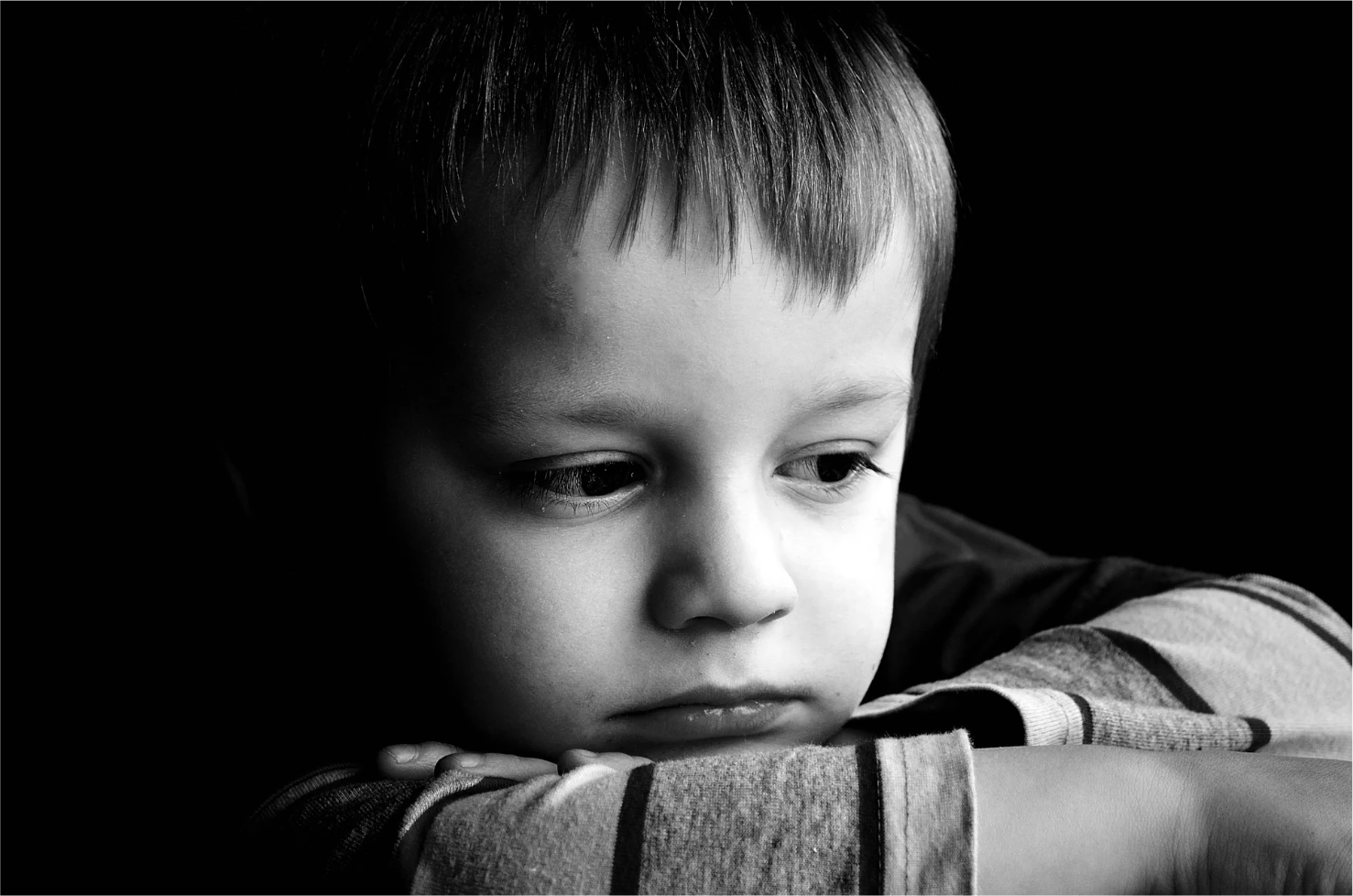Individuals who support abortion rights come from diverse backgrounds, encompassing various ages, races, genders, and family sizes. Their children, now living, exist because their parents chose not to terminate their pregnancies. This decision might stem from a fleeting moment of reflection, a moral reckoning, or an inexplicable change of heart, allowing these children to evade the severe judgment their parents might have imposed.
Pro-abortion parents often assert that their living children were born out of deliberate choice, not mere chance. They argue that their children’s existence aligns with their intentions, while pregnancies they terminate are deemed inconvenient. These parents view their decisions as a natural expression of autonomy, perceiving no moral failing in their stance and expressing no inclination to alter their views.
Many of these parents demonstrate their acceptance of abortion through personal actions, such as undergoing the procedure themselves, endorsing abortion providers, or backing political candidates who advocate for abortion rights. They openly champion the termination of pregnancies, even as they return home to their own children. This duality raises significant concerns for some observers, who find it troubling that parents can advocate for the end of potential lives while raising their own offspring.
The ability of pro-abortion parents to decide which pregnancies to continue and which to end can extend to their born children, prompting unease about the implications of such judgment. Young children, unaware of their parents’ views on abortion, lack the capacity to grasp the moral complexities involved. They remain oblivious to the fact that their parents support policies or actions that prioritize choice over the potential for life.
These parents, who may appear to place limited value on the sanctity of life, serve as primary caregivers and role models for their children. This dynamic creates a challenging situation, as it prompts questions about the influence of such beliefs on impressionable young minds. The concern for the well-being of these children is understandable, given the contrast between the parents’ advocacy and their role in nurturing the next generation.
This perspective shows a conflict between personal freedom and what society expects. Pro-abortion parents make choices about their pregnancies, but these decisions affect more than just them, they shape how others see them as parents. The debate about their choices highlights how hard it is to balance personal beliefs with parenting duties, sparking ongoing questions about the ethics of their stance.
